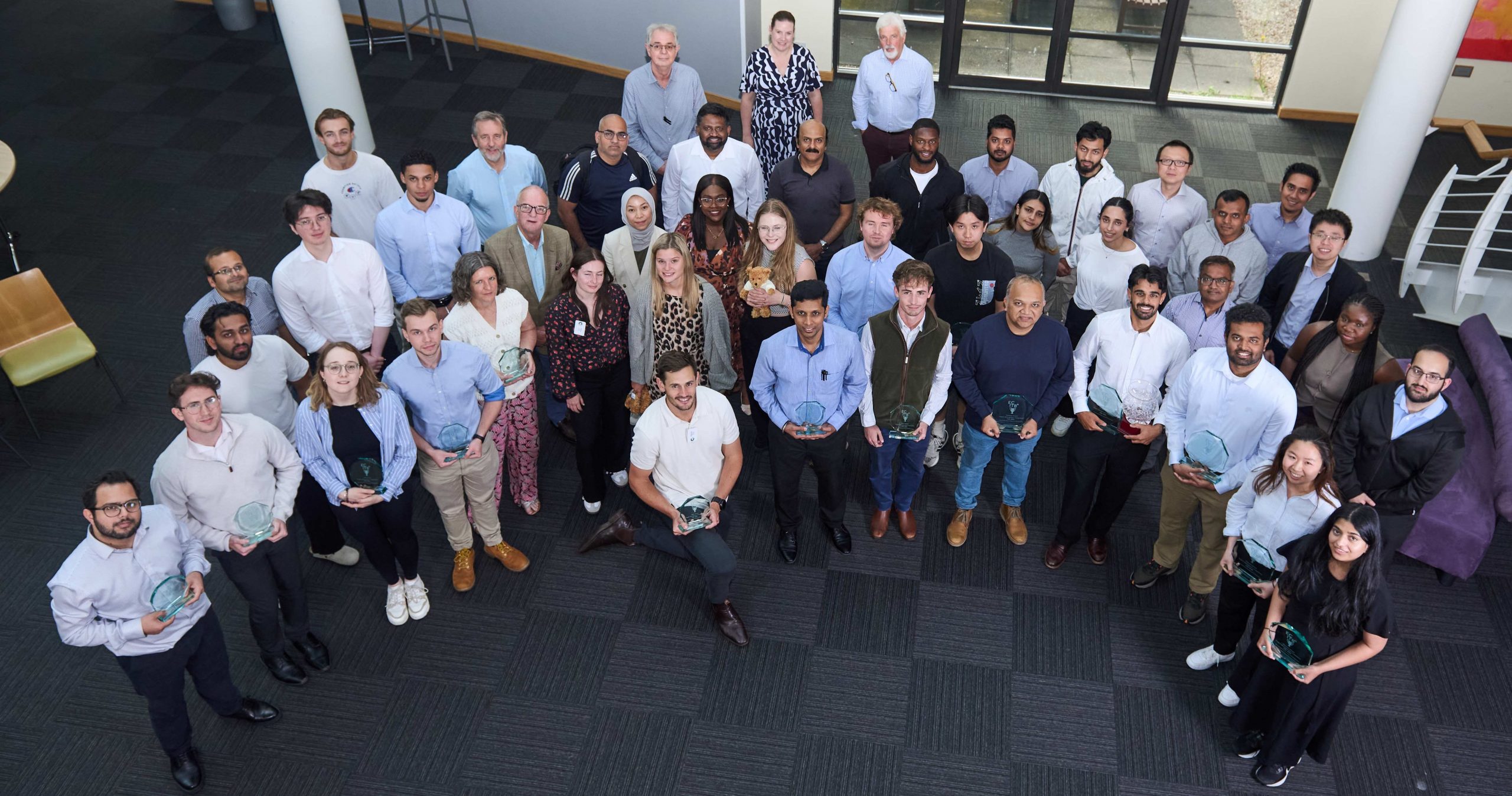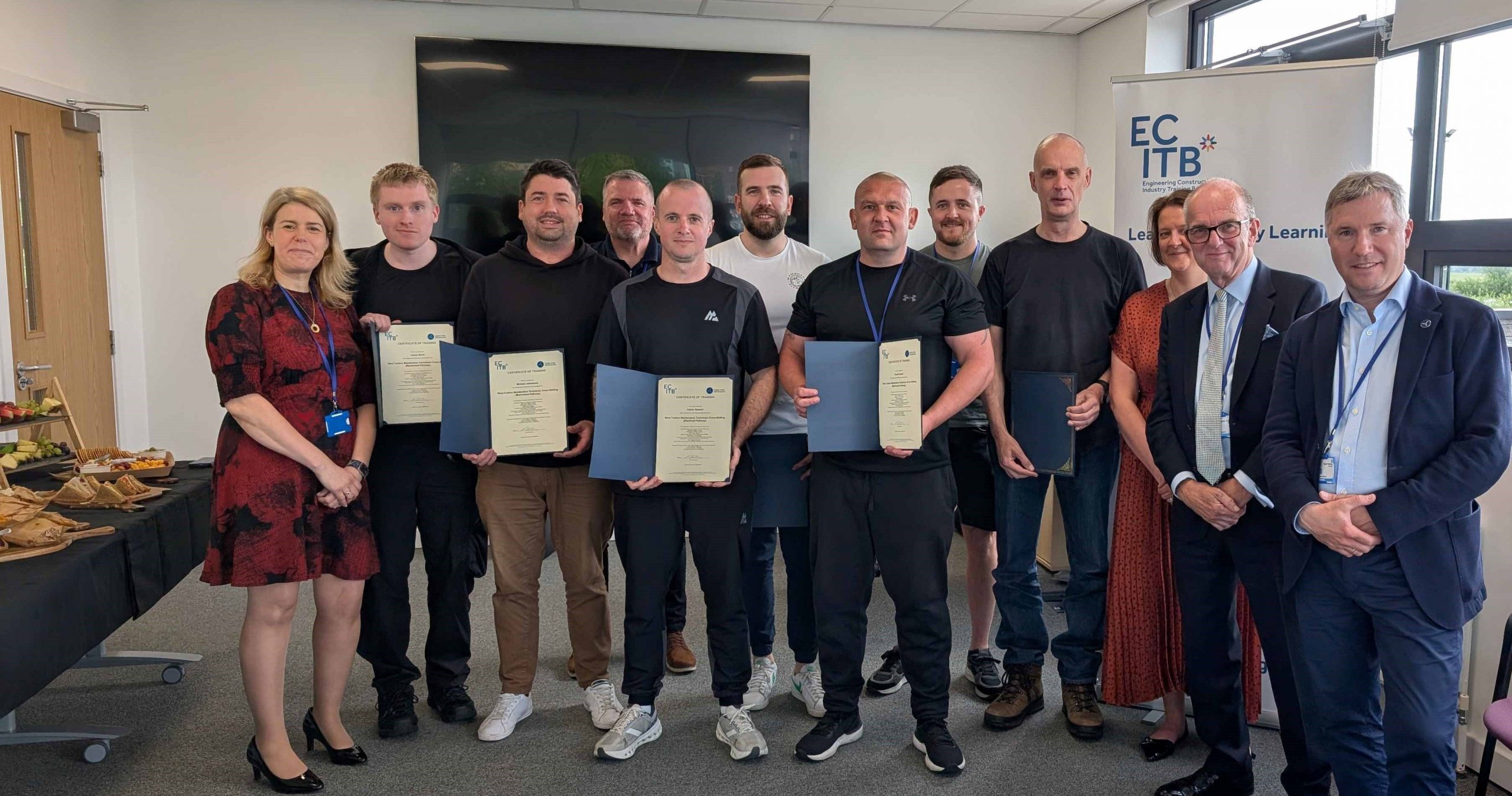The engineering construction industry (ECI) is at risk of failing to deliver the 40,000 extra skilled workers needed by 2028 unless it better understands what motivates new entrants, according to a report out today.
The Engineering Construction Industry Training Board’s (ECITB) career motivations study Inspiring Directions shows the industry is struggling to appeal to the general population, and in particular young people and women, to help plug looming workforce and skills shortages.
The study also highlights that the opportunity to work on net zero may not be a strong enough reason on its own to attract new entrants or motivate the career choices of those already in industry.
The report provides a snapshot of what motivates career choices and on perceptions of the industry, which includes the oil and gas, nuclear, renewables, water and waste treatment, pharmaceuticals, chemicals and food processing sectors.
Findings of the survey, which were announced at the ECITB’s National Forum, show workers and learners that are already in the ECI view these sectors much more positively than the general population, making recruiting new entrants from outside industry a challenge.
When asked whether they would consider joining any of the individual sectors, on average only 18% of those surveyed from the wider population said yes, with 45% saying no.
When broken down by age, the report highlighted that only 20% of those aged 16-19 outside the ECI would definitely consider a career in the industry. This figure was only 15% for women, with 52% saying they would not join any of the industry’s different sectors.
ECITB report – Inspiring directions: Understanding career choices to accelerate change
ECITB Chief Executive Andrew Hockey (pictured) said: “Our Labour Forecasting Tool forecasts a 28% increase in demand for workers in the industry in the next five years amid a boom in project activity.
“Given the low ratio of new entrants to retirees in engineering construction, understanding the career motivations of this group is paramount to ensuring these workforce needs are met.
“This vital study suggests the image of the industry is not attractive to new entrants, especially younger people and women, and that more needs to be done to address recruitment and retention challenges.
“Our report makes recommendations on how the industry can better represent itself to disconnected new entrants and help retain its current workforce.
“As the employer-led skills body for the industry in Great Britain, training and developing new entrants is a key priority of our Leading Industry Learning Strategy, which is why half of our training grant budget is dedicated to this area.
“But solving the recruitment problem will require a collaborative, multi-agency approach that includes employers, governments, training providers and the ECITB working together to ensure careers in the industry are both more visible and more attractive.”
Net zero in itself is not enough as career motivation
The ECITB undertook research into the career motivations of workers employed in the engineering construction industry, learners working towards qualifications relevant to the industry and the general public.
A sample of 1,626 individuals from the wider UK population were asked for their views on the different ECI sectors to assess possible barriers each may face when developing policies to expand their talent pool.
In comparison, 154 people from within the industry – made up of 89 learners and 65 workers – were also asked for their perceptions and to rank a series of factors to better understand what motivates them in their careers.
When asked to rate eight factors that motivate their career choices out of ten, respondents ranked ‘opportunities to progress’ (8.30) and ‘financial considerations’ (8.14) as the top two.
‘Opportunities to evolve in a welcoming and inclusive environment’ was third, although women place even more importance than men on this factor, scoring this 8.18 and 7.59 respectively, while ‘opportunities to work on the energy transition’ ranked bottom (6.61).
On the theme of net zero careers, while 65% of ECI workers or learners would definitely consider joining the renewables sector, only 22% of the wider population felt this way, with the figure as low as 17% for both 16-19 year olds and women.
The ECI cohort was also asked for views on ‘career anchors’ that can be used by employers to reflect how their organisation aligns with employee motivations, with ‘security and stability’ deemed most important, followed by ‘lifestyle’.
The ECITB’s Innov8 Group, which is made up of younger workers from industry offering views on engineering construction careers, was involved in the development of the study.
Chinwe Odili (pictured), a Project Manager, Structural Engineer and Chair of the Innov8 Group, said: “We need to practically attract and inspire more people into the industry. Understanding career motivations is central to this.
“But some changes need to be made across the industry. We know hiring practices in some areas may limit the pool of potential recruits, especially from disadvantaged communities. And the opportunities presented to women are often slimmer which reduces the attractiveness of the industry.
“The results from the study will help inform a publication we are producing aimed at attracting and retaining people. This will give an insight into what engineering looks like and how to navigate an early career.
“We must make it tangible for those who are studying STEM subjects so they can visibly see what a career as an engineer looks like and understand how the skills and knowledge they are acquiring from their current studies are transferable to the industry and the various careers that are available.”





